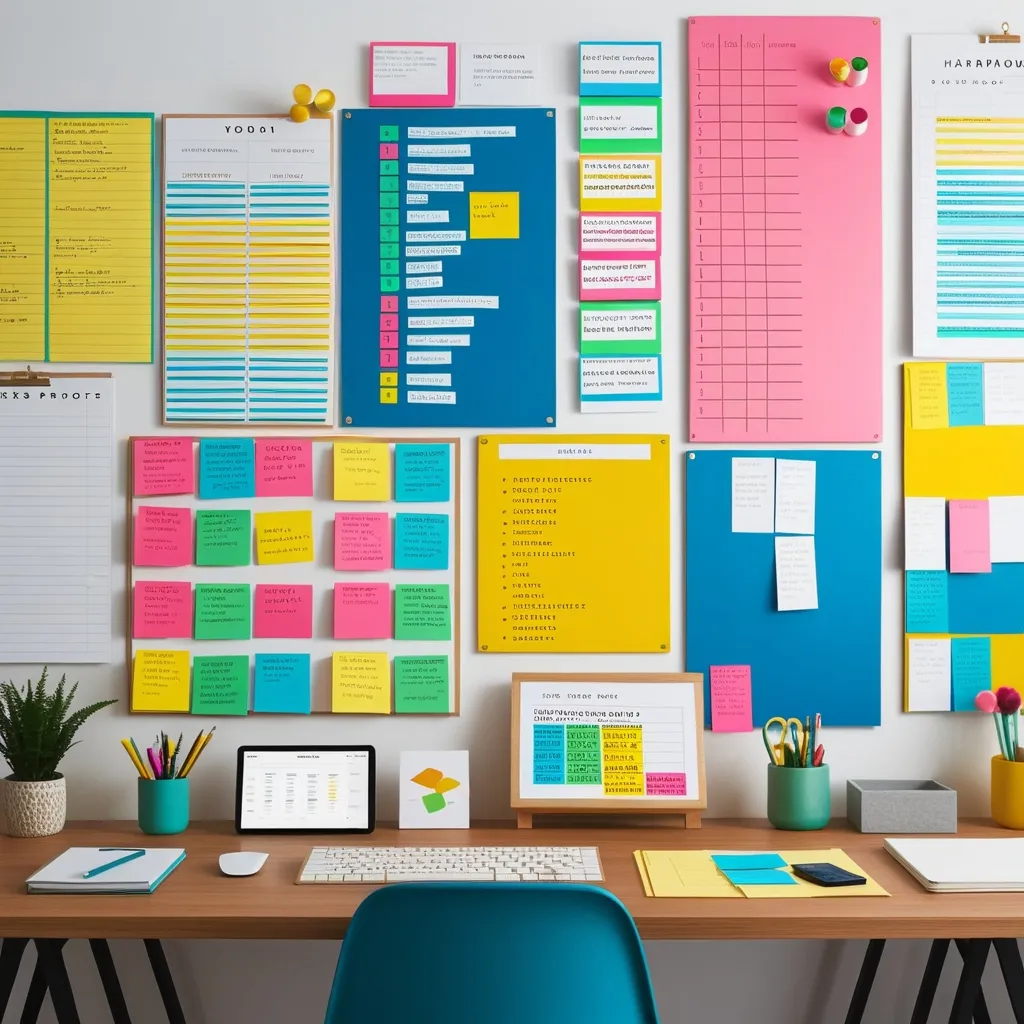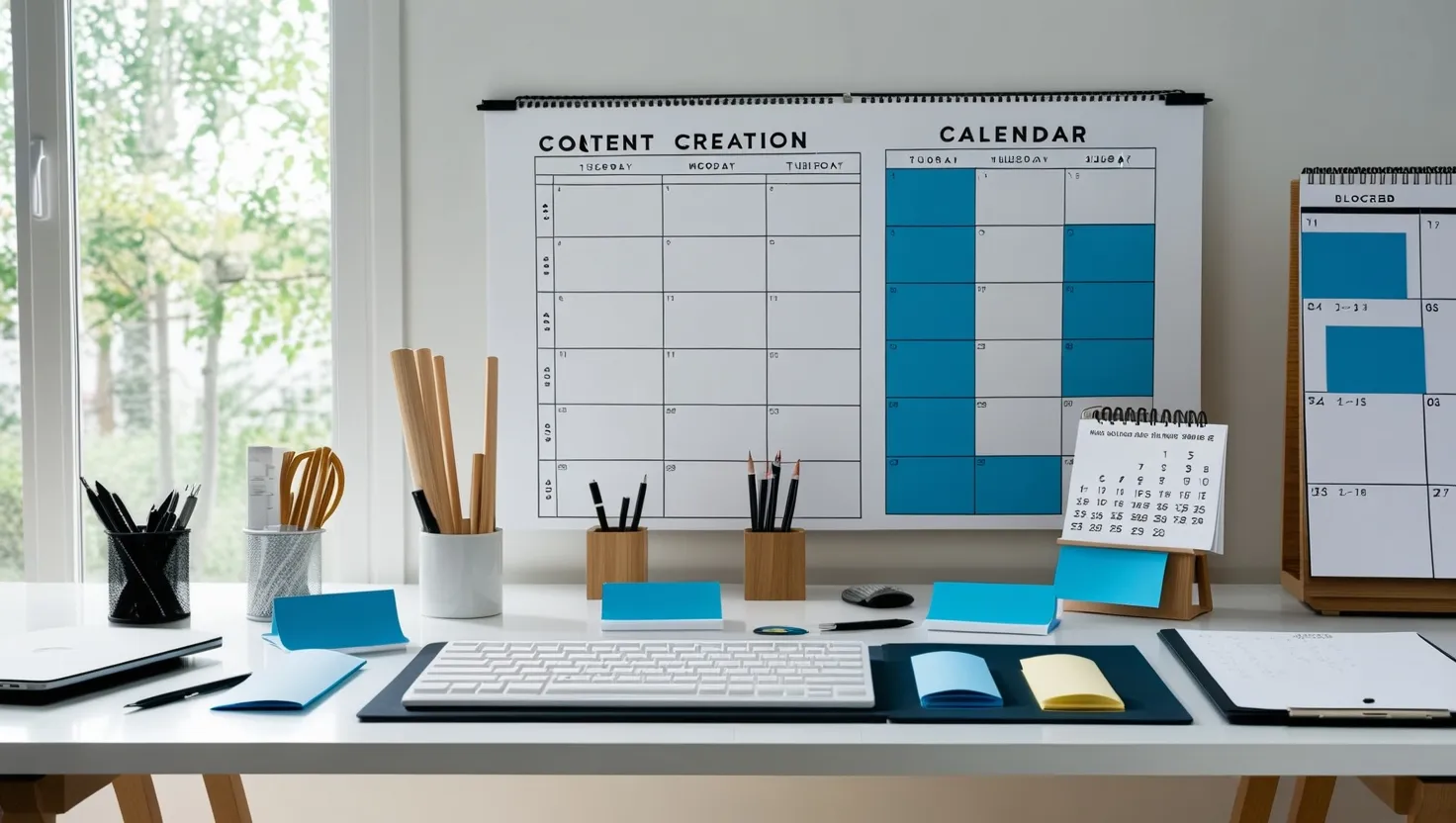In today’s whirlwind of activities and endless to-dos, taking a moment to reflect on your day can truly be a game-changer. Whether you’re a teacher, student, or professional, daily reflections can boost your performance, slice through your stress, and supercharge your overall learning. So, let’s talk about how you can weave daily reflections into your routine, review your day, and plan for a better tomorrow.
Daily reflections aren’t just some new-age mumbo jumbo; they’re a well-researched cognitive trick that can dramatically refine your day-to-day activities. Imagine this: a study with call center operators revealed that those who reflected for just 15 minutes daily after their training sessions saw a whopping 22.8% leap in productivity compared to those who skipped this simple practice.
Now, making daily reflections part of your life doesn’t have to be a chore. Keep it easy and targeted. Just carve out five minutes at the end of each day to scribble down your thoughts. Start with gratitude—jot down the good stuff. Whether it’s a compliment from a colleague or a funny meme that made you laugh, noting the positives can keep you motivated and appreciative.
Next, focus on what you learned. It could be a nugget of wisdom you picked up, a skill you got better at, or even a blunder you committed and the lesson it taught you. This step is vital as it helps cement new knowledge and pinpoint areas needing a bit more attention.
Finally, dig deep with some questions: What challenges popped up? What could you have handled differently? What are your goals for tomorrow? Pondering these helps you spot patterns and make tweaks for better outcomes.
Daily reflections have a slew of benefits that can seriously transform your life. Reflecting helps laser-focus on issues that need fixing. Say you notice you’re always over-explaining things to colleagues. Reflecting on this might nudge you to be more concise next time, thereby boosting your effectiveness.
Reflecting also slashes stress. Just putting your worries on paper can make them seem smaller and more manageable, giving you a clearer head to deal with them. Plus, if you’re learning something new, reflecting helps you lock in that information better. This is because reflection involves pulling experiences from memory and processing them, thereby strengthening those neural connections.
Moreover, daily reflections ramp up mindfulness. They make you more aware of your thoughts and actions, encouraging you to tweak your approach for better results. This leads to a greater self-awareness and a sharper focus on your tasks.
Daily reflections can fit into different contexts marvelously. In classrooms, teachers can use reflections to refine their strategies. If you notice student behavior going south in certain situations or a disengagement during lessons, jotting this down can help you identify patterns and adapt your methods.
In workplaces, reflections can sharpen your productivity. By analyzing your task progress and interactions with colleagues, you can pinpoint where adjustments are needed. For instance, if meetings are eating up too much time, planning streamlined communication or more efficient meeting schedules can be a game-changer.
Students aren’t left out either. Reflecting on their learning and reading experiences can elevate their comprehension and motivation. If a student finds a particular chapter challenging, using reflections to break down key points can highlight areas needing more review or clarification.
But hey, we get it—life is busy, and keeping up with daily reflections can be tough. Thankfully, automation is your friend here. Setting up reminders on your phone or using apps designed for reflections can ensure you don’t skip a day, even when things get hectic.
Writing down your thoughts is crucial. It slows down your thinking process, making your reflections stick better in your brain. This written record isn’t just for today’s insights but serves as a progress tracker over time.
Daily reflections aren’t just for reliving the past but also for shaping the future. They help you create actionable steps for improvement. If you realize you were late to a meeting, note to set reminders or leave earlier the next day. Little tweaks like these pile up to big improvements over time.
At the end of each month, a broader review session can be a goldmine for insights. Ask yourself what you achieved, what challenges remain, and what your goals for the next month are. This keeps you aligned with your long-term objectives and ignites continuous growth.
So, to wrap it up—daily reflections are a no-brainer if you want to enhance your performance, reduce stress, and boost your learning. Taking just a few minutes each day to reflect can bring invaluable insights, highlight areas for improvement, and foster positive changes. Whether you’re a teacher, student, or professional, embedding daily reflections into your routine can significantly impact your life. Take the time to reflect, jot down your thoughts, and gear up for tomorrow. You’ll be amazed at how much difference this tiny habit can make.






